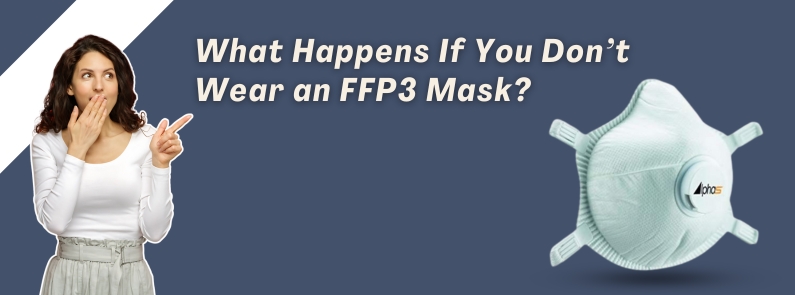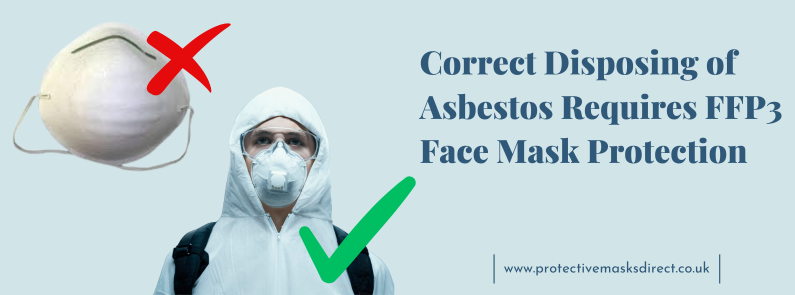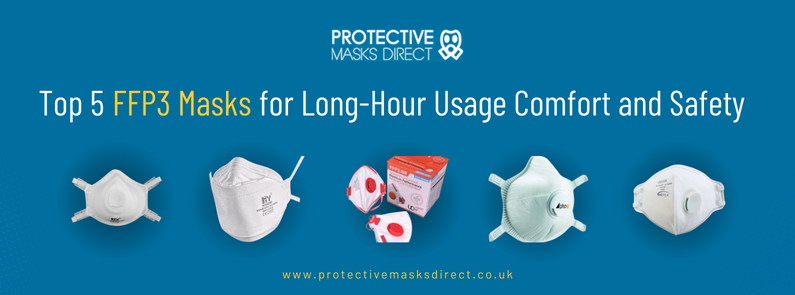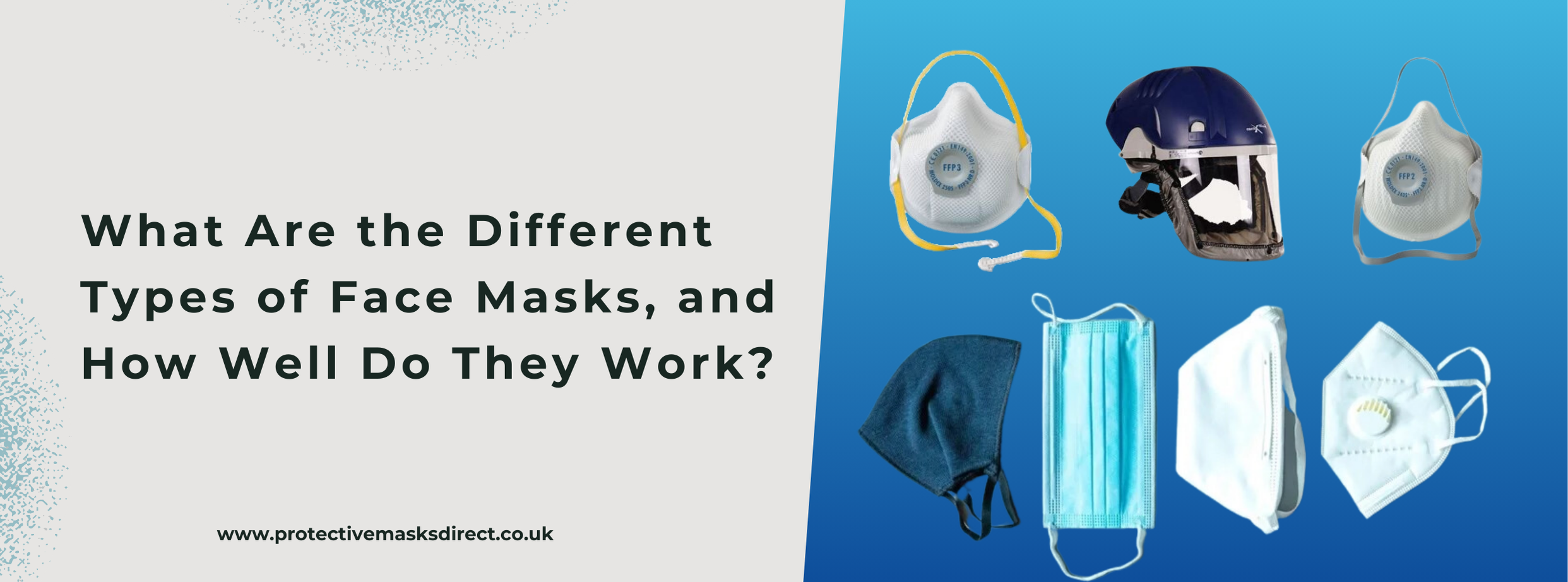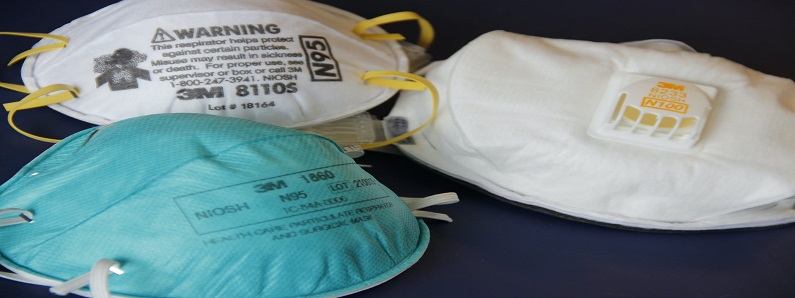
The coronavirus crisis has put the whole world on tenterhooks. Since there is no cure yet, the only way is protective measures to prevent contamination. While many countries are following lockdowns and social distancing, practising effective hygiene measures and using face masks while out in public can help to flatten the coronavirus curve. They also help you to stay safe.
The UK government has also now asked people to cover their faces in enclosed spaces, supermarkets and public transport where social distancing isn’t possible.
When it comes to face masks, many doubt if they help and then there is confusion as to which masks are best suited to prevent transmission of coronavirus.
Here are a few points you should know about the importance of face masks and the best face masks which can ensure the best protection against coronavirus.
Do face masks work against Covid-19?
A shocking fact about coronavirus is that an asymptomatic but infected person in the early stages too can spread the virus. It means a person standing next to you at a public space may appear healthy but they may be already contagious.
Certain studies too have found that around 80 per cent of transmission of coronavirus happens through carriers who show no symptoms at all.
The new coronavirus spreads through small respiratory droplets generated when an infected person coughs, sneezes or even exhales. If these droplets enter a person’s body through inhalation, the virus gets transmitted. The droplets can also land on surfaces or objects and thus contaminate them. That is why it is necessary to wash your hands with soap or use a sanitiser to prevent the entry of the virus into your system.
A face mask can act as a barrier and prevent contracting the virus. It is also effective to prevent transmission and reduce the risk of infection.
What are the Best Face Masks against Coronavirus?
There are mainly three different types of face masks and each of them varies in the level of protection they can offer.
- Respirators
- Surgical masks
- Cloth masks
Respirators
These are one of the most highly effective masks to help filter viruses in the air. They come with an adjustable clip and are secured tightly around the face. There are different types and models of respirator masks. Some models are FFP or Filtering Face Piece masks. As per the ratings, they could be FFP1, FFP2 or FFP3, with FFP3 offering the highest protection. They could be half face or full face masks. The N-type masks such as N95, N99, N100 masks are disposable respirator masks.
One of the most efficient respirators is the ffp3 face mask which is reusable and has superior filters. ffp2 mask also have a highly effective filtering mechanism. You can either choose one covering your full face or opt for a half face mask, as per the usability.
Some masks come with valves as well. The advantage of valved masks is that they release air upon exhalation and can help prevent sweat build up and also decrease stuffiness. The downside is that the pathogens let out through such masks can expose near-by people to the germs. So, these masks are best suited for frontline healthcare workers who are tested regularly for the virus and thus do not pose risk for others.
Surgical Masks
There are two types of surgical masks, Type II and Type IIR. Surgical masks are disposable masks made from breathable synthetic fabric. They are mostly rectangular in shape with pleats and can cover the nose, mouth and chin. While protecting the wearer from pathogens, the surgical masks can offer protection from large droplets escaping from the user via cough or sneeze. Type IIR surgical mask is suitable for frontline health workers in medical environments. Type II surgical masks are available for general use.
Cloth Masks
Though cloth masks are not as effective in preventing infection, they can reduce the spread of droplets from the user and to the user considerably. If you are making a DIY cloth mask, then make sure it is double-layered and does not leave gaps. Ensure it is tightly secured along with nose, jaw and cheeks.
The best way to prevent community transmission of coronavirus is by staying home and maintaining social distancing. If and when you need to go out to get essentials, make sure you wear a half face mask. Leave the medical masks to health workers but get other types of masks for self-protection and to protect others. Contribute to ‘flatten the curve.’

